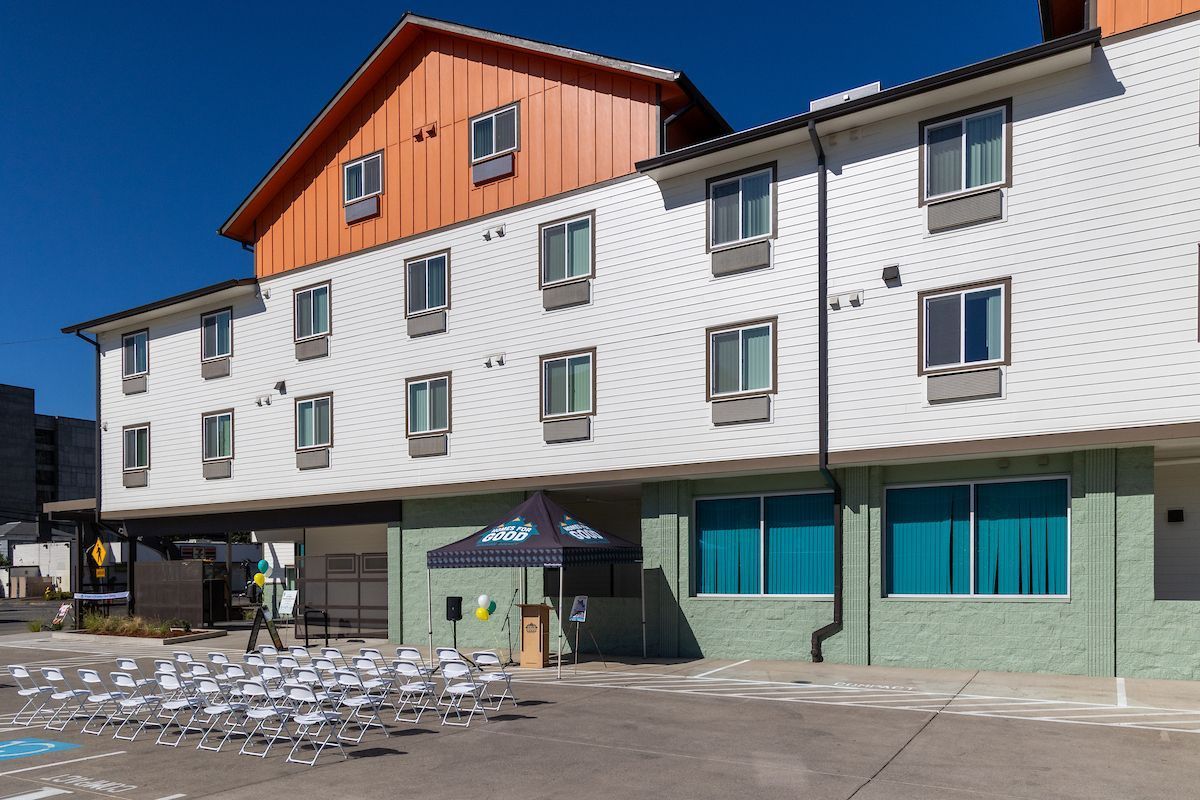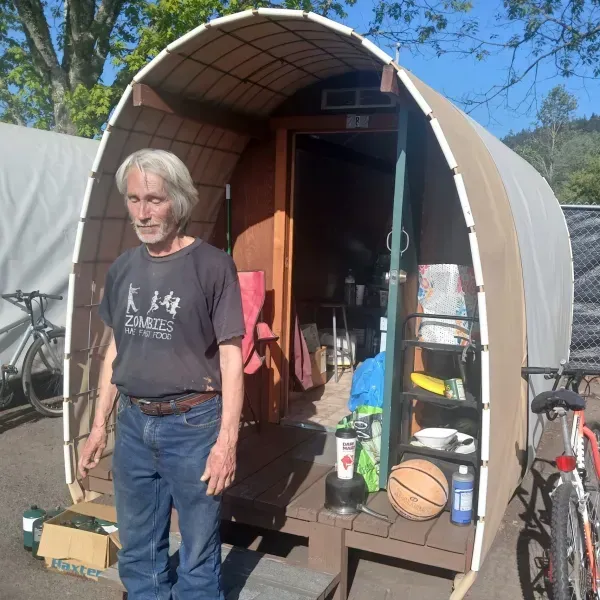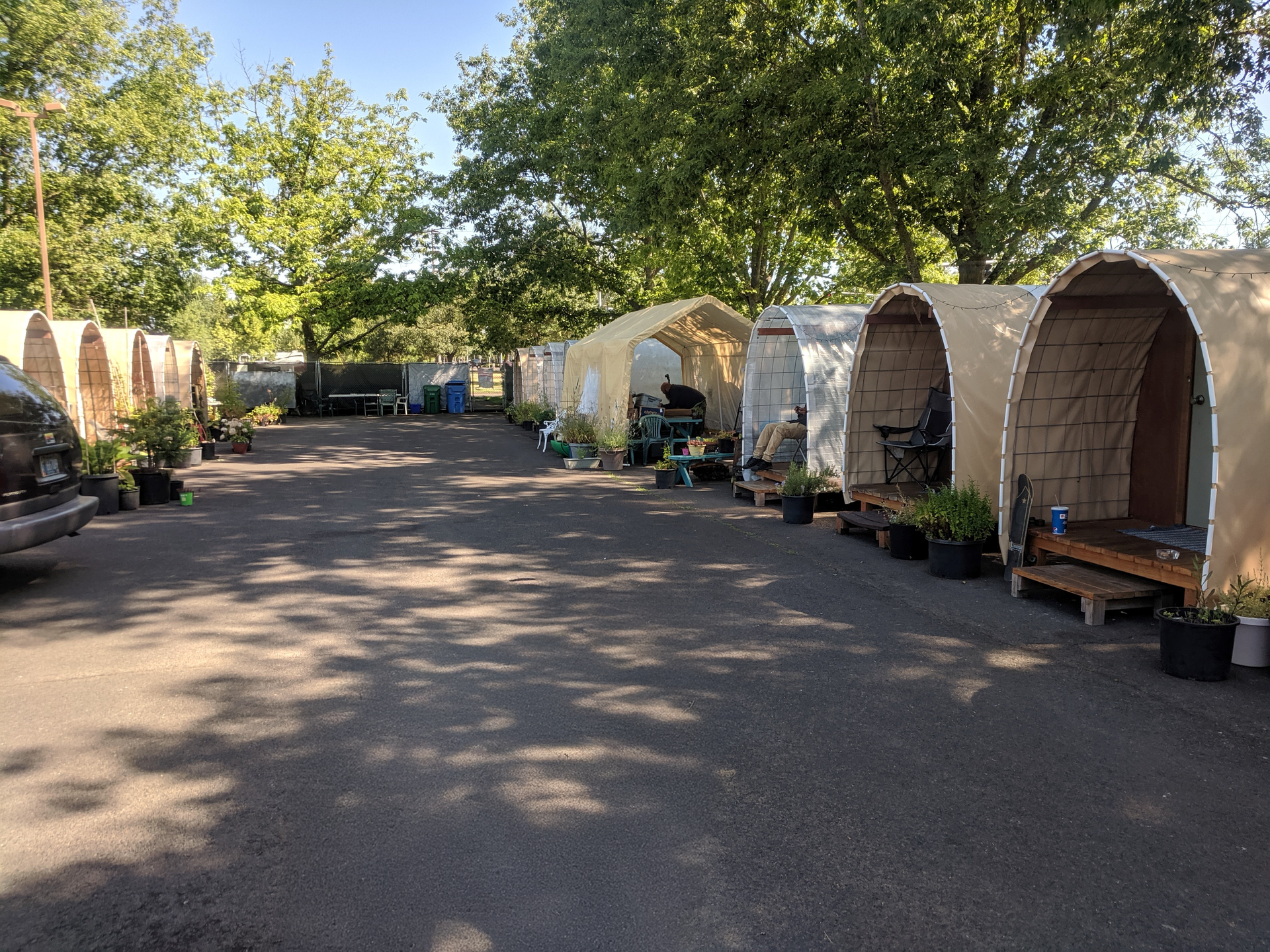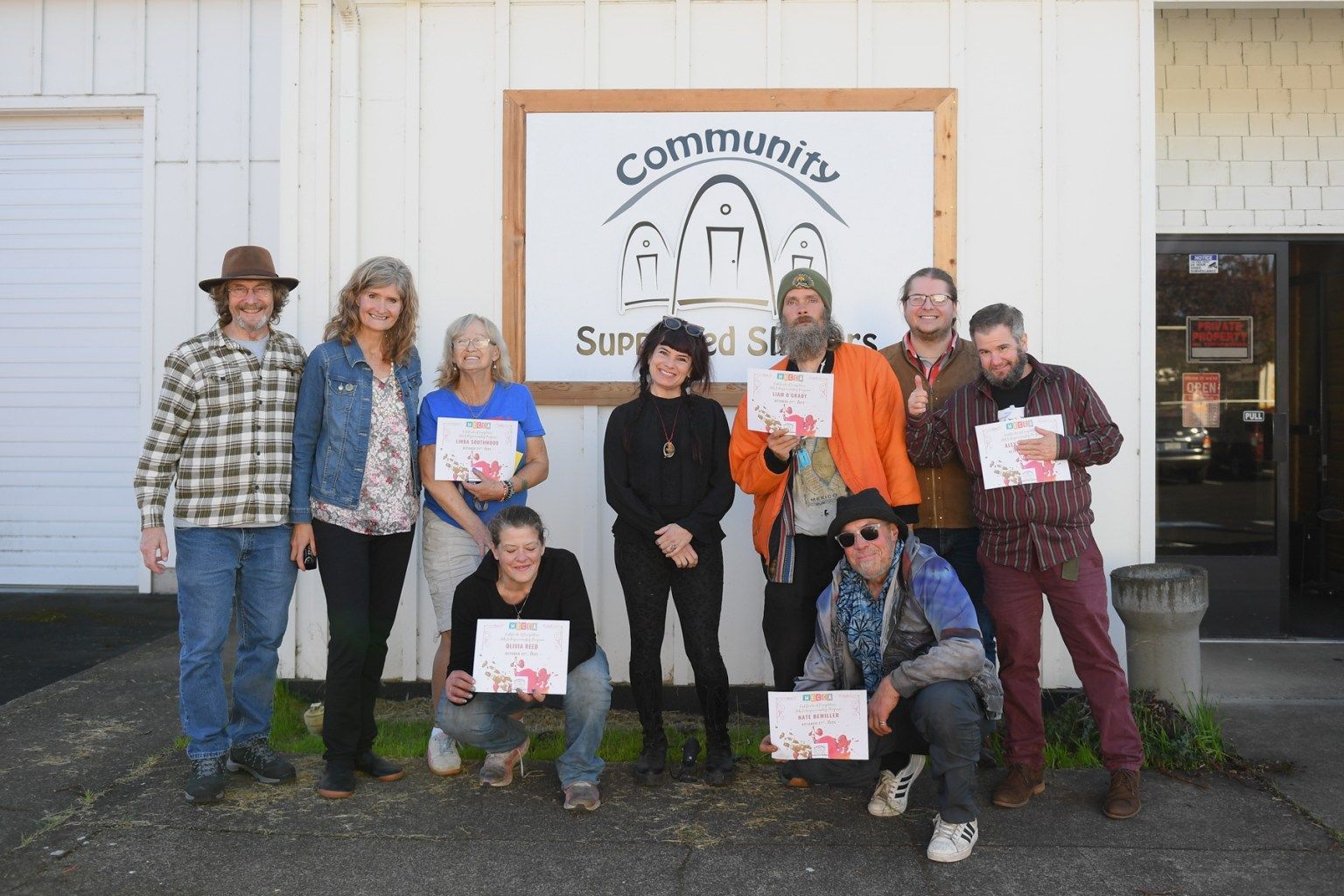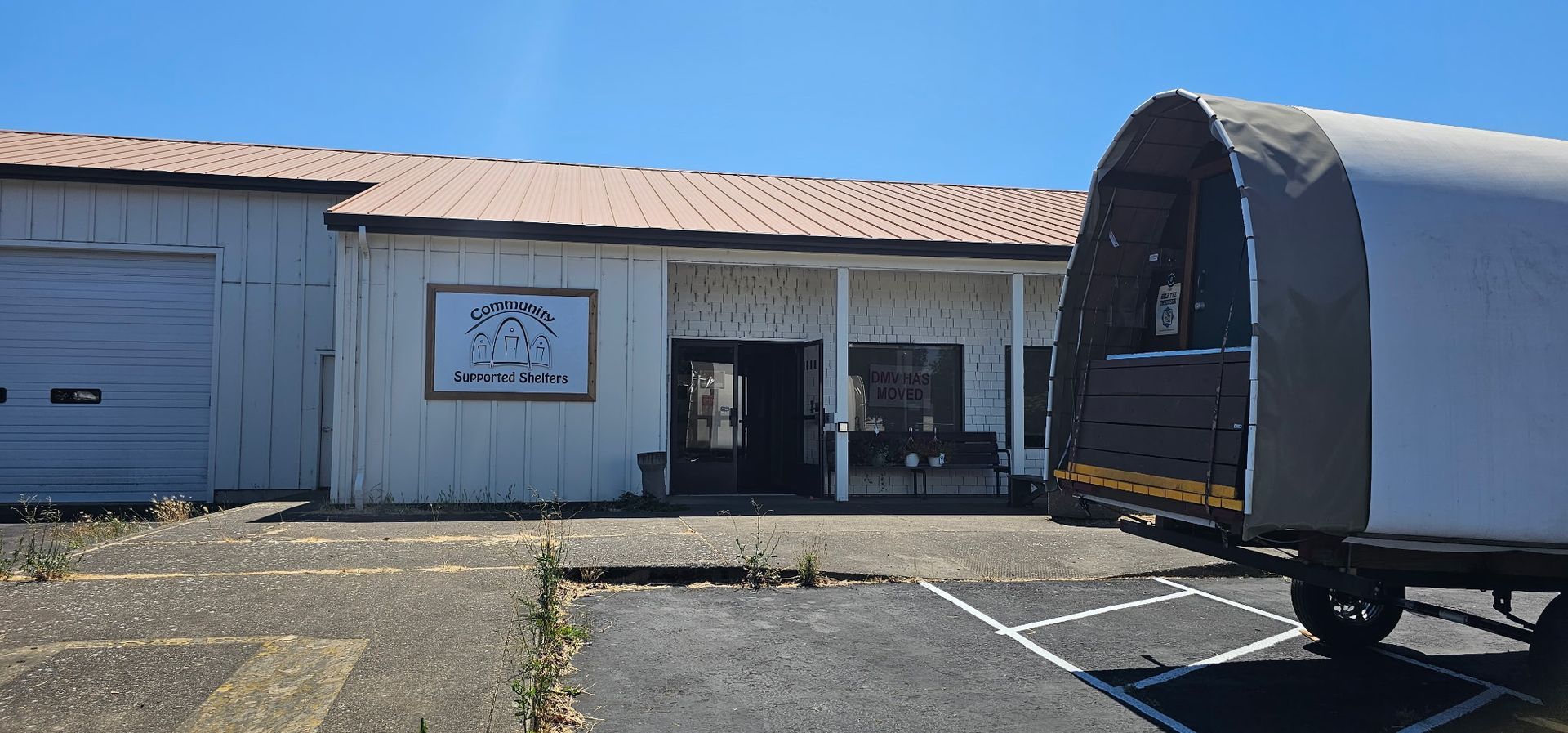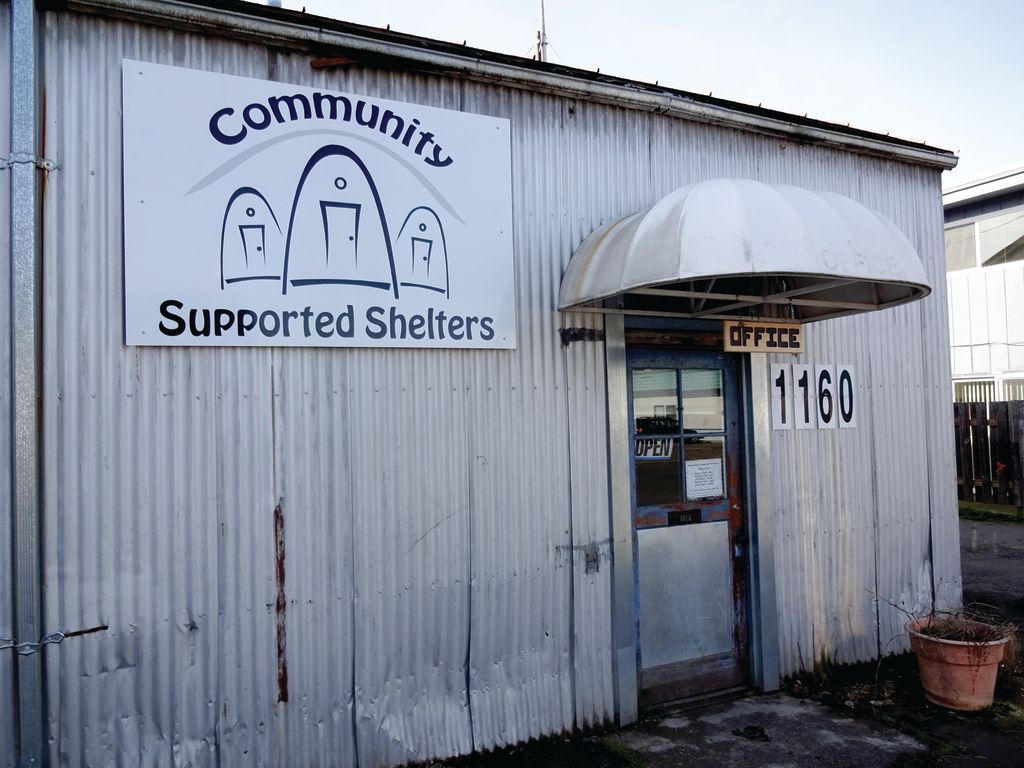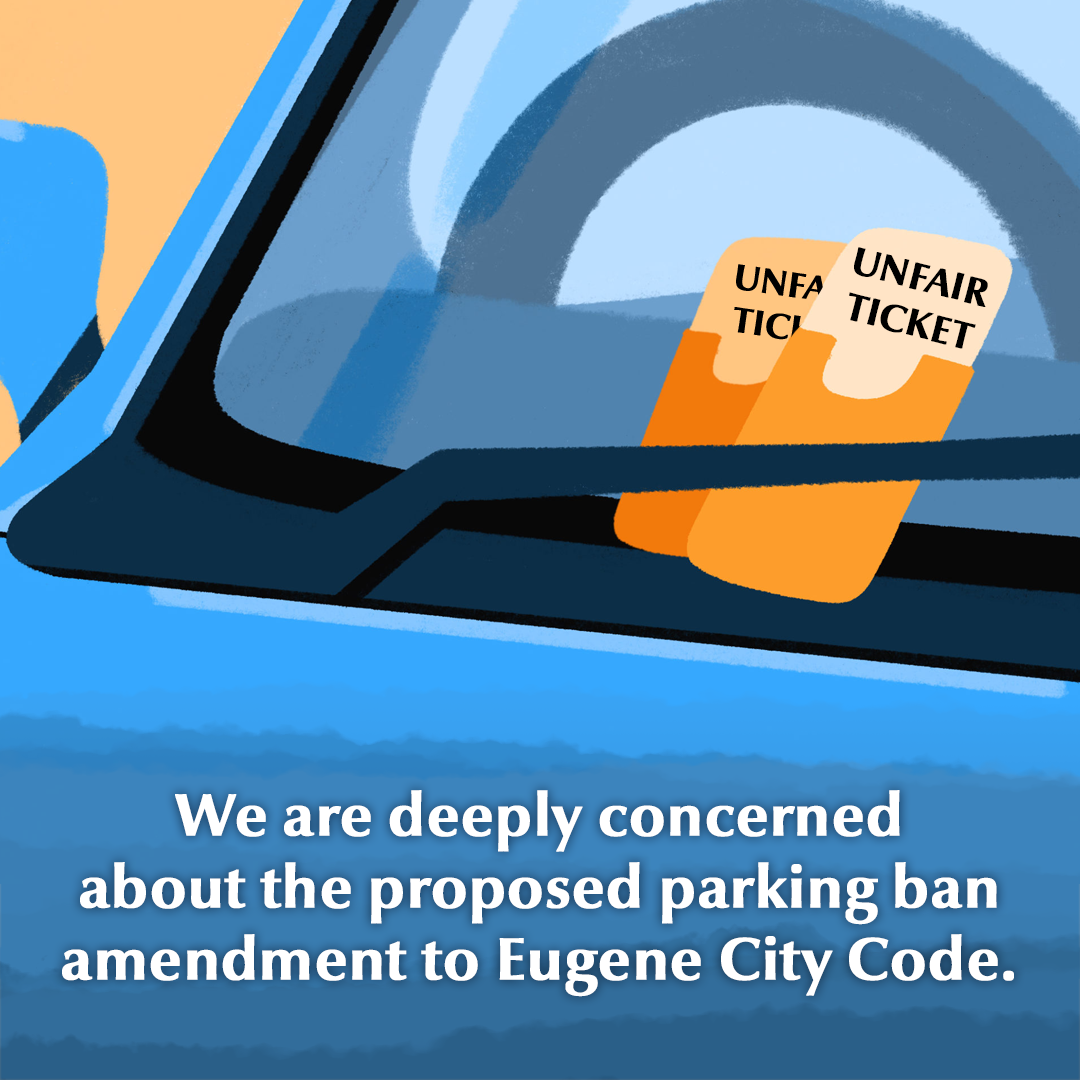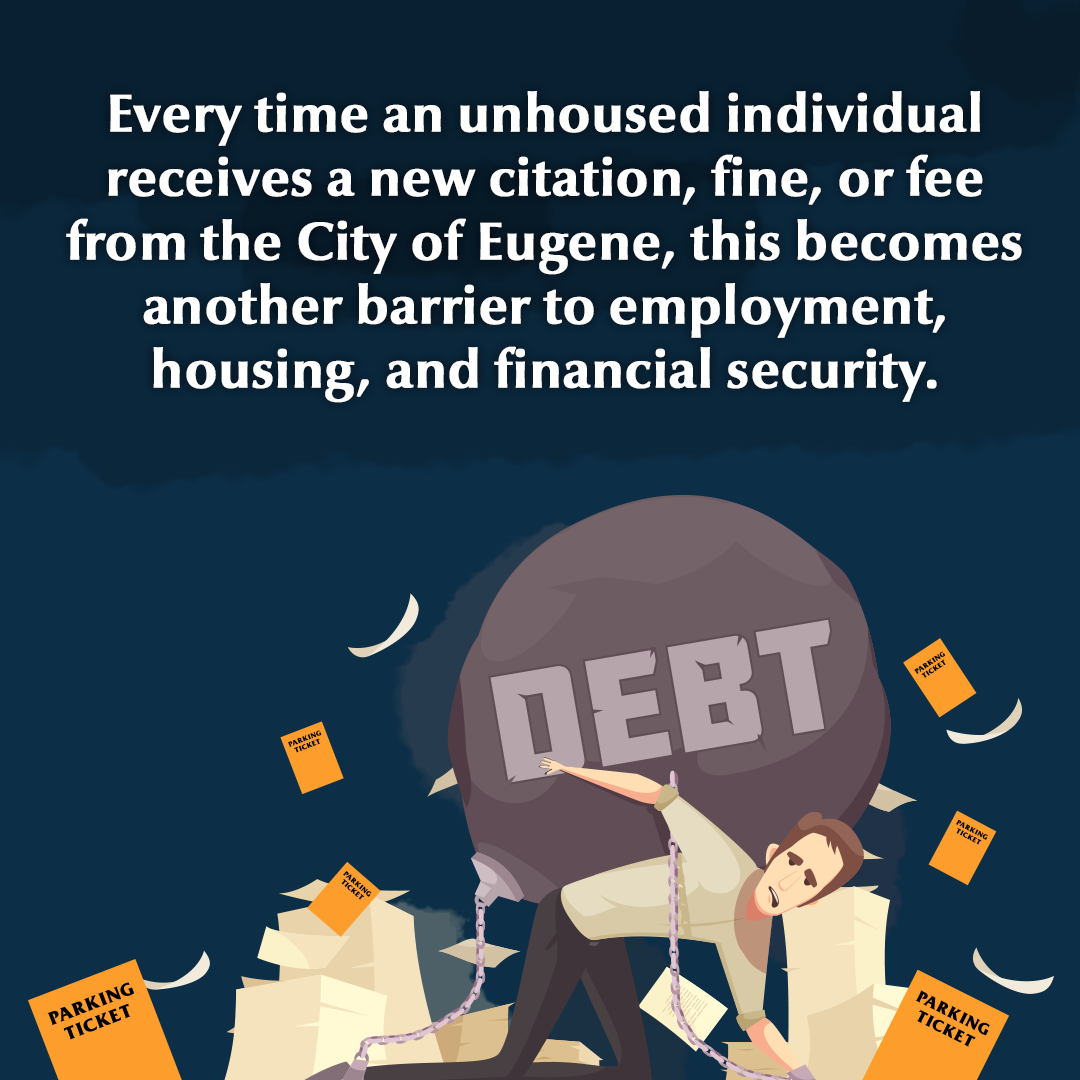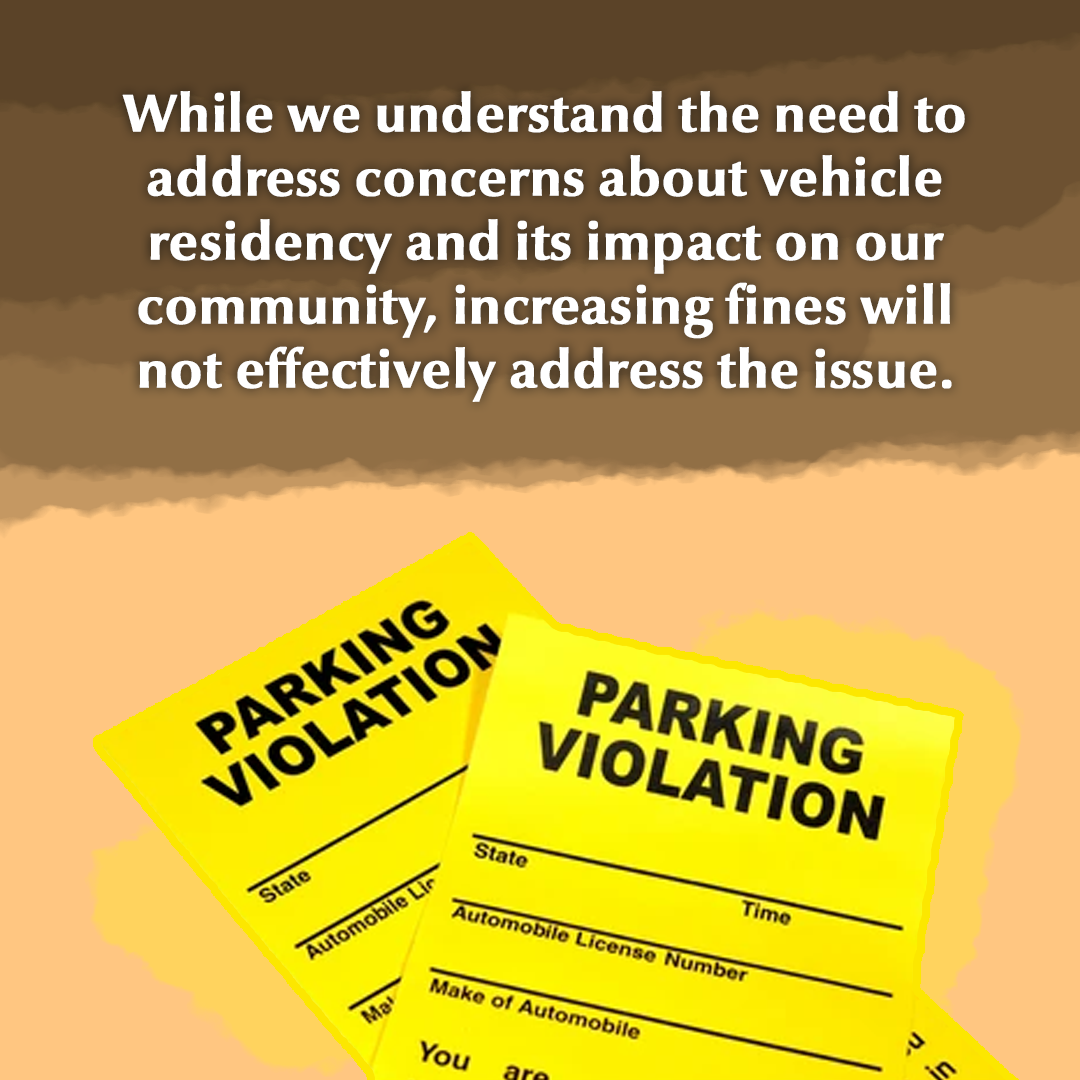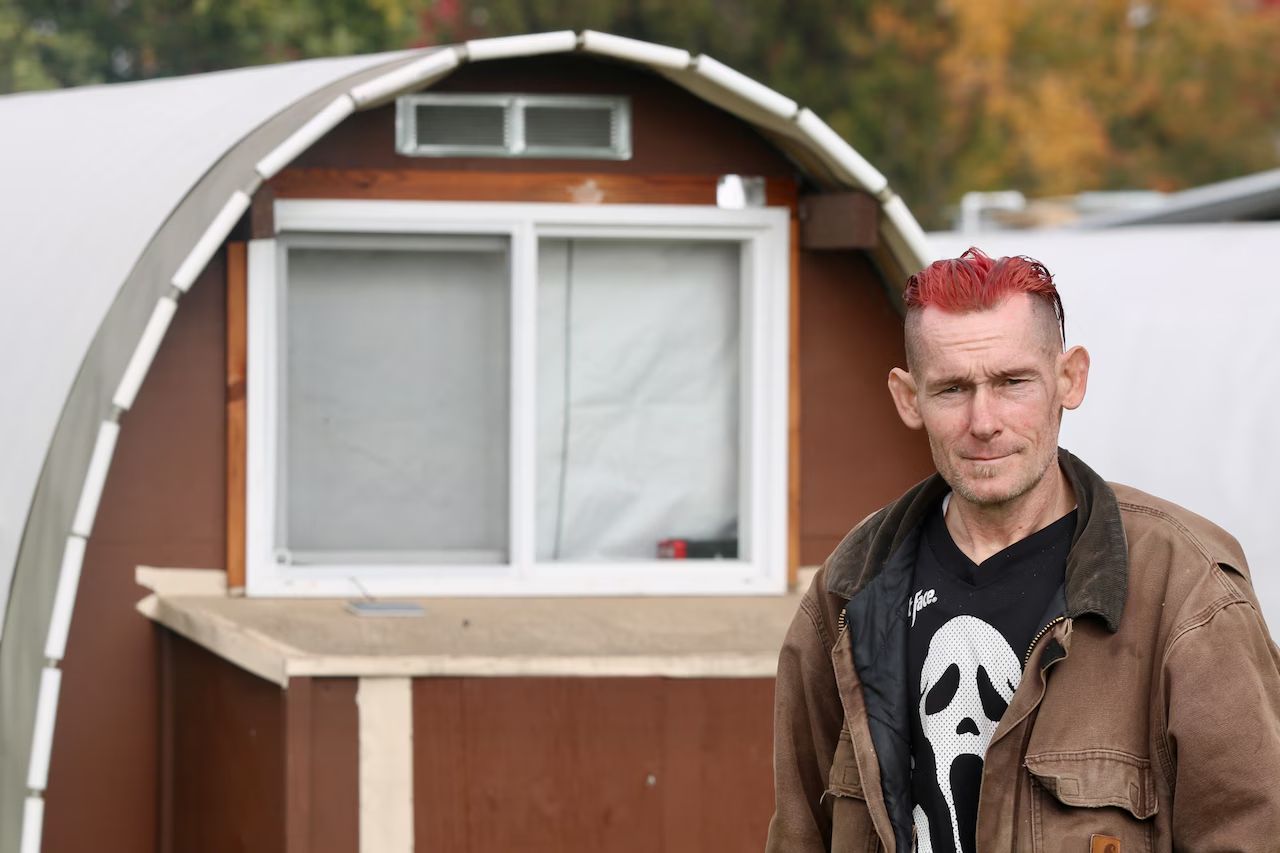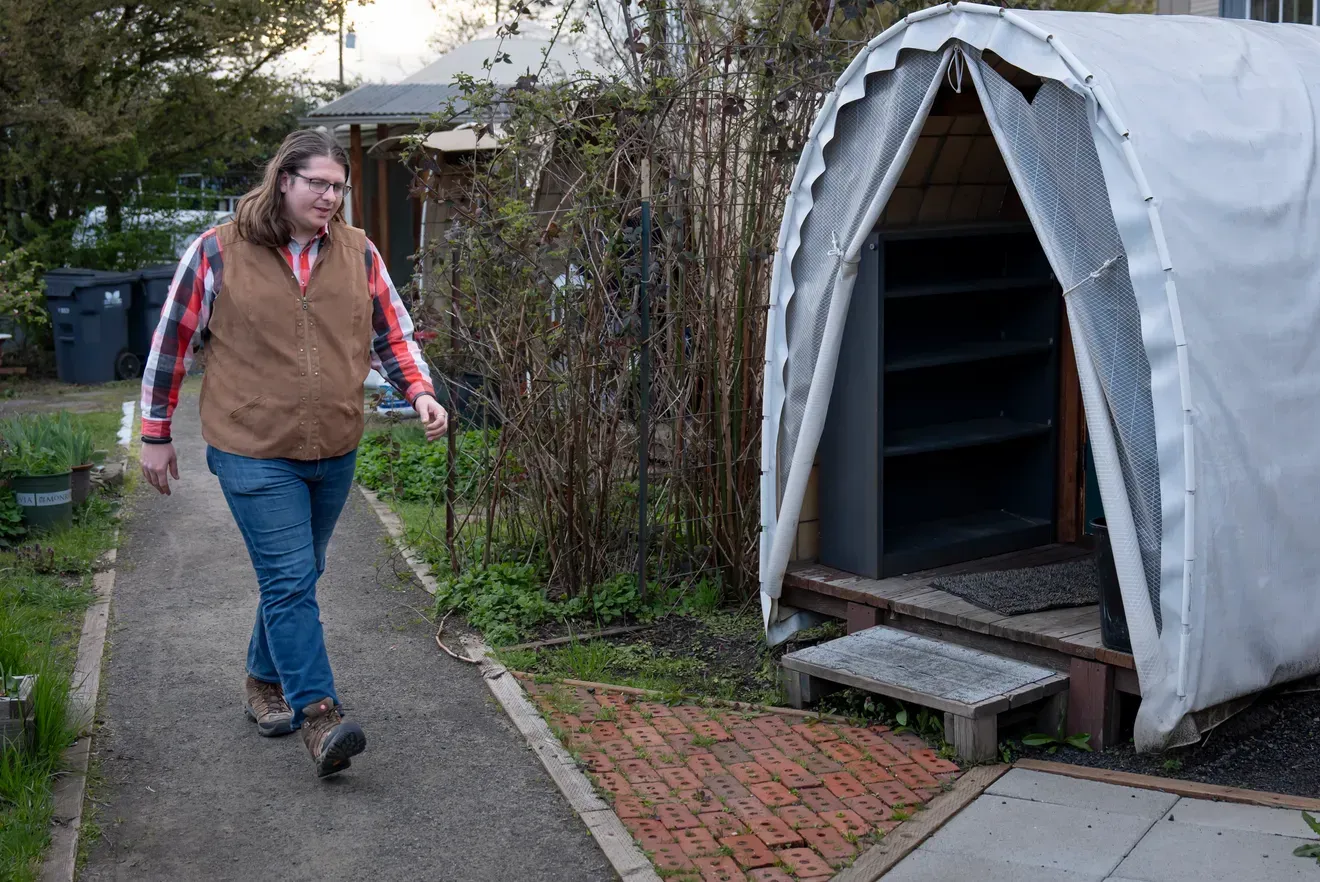It's not too late to share your thoughts on this proposed update. Send your written testimony to mayorcouncilandcitymanager@eugene-or.gov.
Eugene Parking Ban Opposition Testimony
March 11, 2024
To the Members of the City Council, City Manager, and Mayor Lucy Vinis,
We are deeply concerned about the proposed parking ban amendment to the City Code. While we understand the need to address concerns about vehicle residency and its impact on our community, we urge the City Council to take more time to hear from key stakeholders and the community before moving forward with any action on this policy.
A recent study conducted by the University of Washington School of Public Health in 2019 sheds light on the complexities of the issue. The study reveals that people experiencing homelessness, particularly those with legal fine debt, face significant challenges in accessing stable housing. Overall, participants in the study experienced an average of three and a half years of homelessness. However, those with legal fine debt experienced nearly four and a half years of unstable housing on average. This difference was statistically significant, potentially indicating that court-imposed fines are more detrimental to housing stability than other debts.
Moreover, the study emphasizes that policies criminalizing the individual experiencing poverty and imposing legal financial obligations create an inequitable burden on those unable to pay. The researchers state, "Given policies that criminalize the individual experiencing poverty and considering known barriers to rehabilitation following incarceration, legal financial obligations pose an inequitable burden on those without the ability to pay. Revising legal financial obligations policies and practice may be a way to interrupt the revolving doors of homelessness and incarceration."
These findings underscore the importance of adopting compassionate, evidence-based approaches to address the root causes of vehicle residency rather than punitive measures that exacerbate homelessness. EC 5.225(3)(e) targets people for who they are, not for what they do. Individuals seeking shelter within vehicles include survivors of natural disasters fleeing wildfire, women and children fleeing domestic violence, and elderly populations. Various social and economic factors contribute to their need to seek shelter with a vehicle, and the City of Eugene simply does not have enough bed unit inventory to support individuals experiencing unsheltered homelessness. These amendments will cause more individuals to seek respite in tents and other places not meant for human habitation, placing undue pressure on the homeless service providers and may cause harm to individuals who would otherwise have safer alternatives in a vehicle.
The current proposed amendment to the City Code would only serve to criminalize Eugene residents living in vehicles, exacerbating an already dire situation amid a crisis of housing and homelessness. For people experiencing vehicular homelessness, the loss of a vehicle due to towing can cause tremendous strain. Unpaid fines and fees can quickly snowball, leading to escalated fines, driver’s license suspensions, or even jail time – making it nearly impossible for a resident to maintain employment and attain housing. This may impact their criminal background, credit score, and financial circumstances, creating new and unnecessary barriers to the rental housing market that organizations like ours are actively trying to overcome with case management and housing navigation services. Every time an individual experiencing homelessness receives a new citation, fine, fee, or debt from the City of Eugene, this becomes another barrier to employment, housing, and financial security. Low-income drivers are more likely to be assessed late fees and more citations related to their inability to pay. These challenges often have a disproportionate impact on residents of color.
The City of Eugene must also consider that the excessive fines proposed under this amendment are unconstitutional. Existing case law supports the belief that the central tenet of the excessive fines clause is “to protect individuals against fines so oppressive as to deprive them of their livelihood.” Perhaps the City should review the recent Washington Supreme Court case- City of Seattle vs. Long?
When a car is towed and someone loses their shelter, the City of Eugene will pay for emergency services, shelter space, and support services for an individual or a family now experiencing homelessness on the streets. This parallels the significant cost a resident may incur, such as job loss, loss of shelter, and financial hardship due to the loss of their vehicle. As a result, this impact is heightened for individuals and families who are experiencing vehicular homelessness because even if someone can pay to retrieve their vehicle from the impound lot, they could be choosing between purchasing food, saving for a safe, quality affordable apartment or a house to live, and/or both.
Data from Eugene Municipal Court reveal that fines imposed on individuals experiencing homelessness often go unpaid, indicating that increasing fines will not effectively address the issue.
Impounding vehicles of those experiencing homelessness further compound the issue by forcing individuals into more dangerous situations, such as sleeping in tents and being exposed to crime. As of March 4, 2024, the existing safe parking sites are at full capacity, underscoring the urgent need for alternative solutions that prioritize the well-being of our community members. Instead of further criminalizing individuals, the City must prioritize providing resources and support to address the root causes of homelessness.
In conclusion, we urge the City Council to reconsider the proposed parking ban amendment and to instead focus on collaborative, compassionate solutions that address the underlying issues of homelessness in our community.
Sincerely,
Community Supported Shelters
Heather Quaas-Annsa, Director of Philanthropy
Blake Burrell, Director of Community Impact
News & Events
To stay connected to CSS, subscribe to our quarterly newsletter. If you are a member of the media who is seeking info, contact
community@cssoregon.org.
